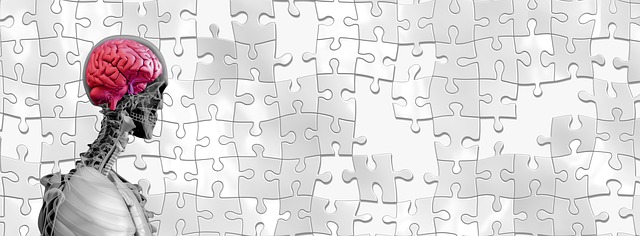Mark Dallas is Associate Professor in Cellular Neuroscience at the University of Reading. In this blog for World Alzheimer’s Day he gives an overview of dementia research in 2023. 2023…Read More >
dementia
Young-onset Alzheimer’s can be diagnosed from as early as 30 – and the symptoms are often different
Alzheimer’s disease is often thought of as a condition that only affects the elderly. But around 3.9 million people worldwide aged 30-64 live with young-onset Alzheimer’s disease – a form of dementia…Read More >
Know dementia, know Alzheimer’s, know inflammation
For World Alzheimer’s Day on 21 September, Nagihan Ozsoy, a doctoral researcher working with Dr Mark Dallas in the Reading School of Pharmacy, explains the importance of her new research…Read More >
Risk factors that determine whether you’re more or less likely to develop cognitive decline
About two in ten people over the age of 65 have mild cognitive impairment – a noticeable change in their memory, problem-solving abilities or attention. This is caused, in part,…Read More >
The ten factors linked to increased risk of Alzheimer’s disease
Although there’s still no cure, researchers are continuing to develop a better understanding of what increases a person’s risk of developing Alzheimer’s disease. Here, Dr Mark Dallas outlines the ten…Read More >
Defeating dementia
From finding brain changes decades before dementia strikes to exploring the protective effects of speaking another language, Reading researchers are targeting the disease on several fronts. For World Alzheimer’s Day,…Read More >
Jogging memories with sounds and pictures
It’s Dementia Action Week. Reading researchers are tackling the problem of dementia on all fronts, from investigating its causes to how we can improve care and quality of life for…Read More >
Brain Glue- Sticking it to dementia
50 million people around the world are living with dementia and that figure is set to reach 152 million by 2050. Ahead of tonight’s public lecture, neuroscientist Dr Mark Dallas…Read More >




